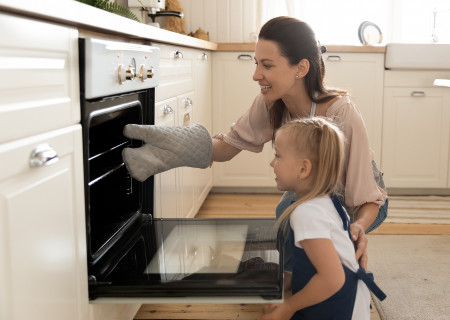On a quiet Sunday in June 1886, the newly incorporated city of Vancouver was destroyed by fire. Twelve years later, a fire started on New Westminster’s waterfront and spread quickly, destroying the downtown core. In those days, fires and fuels in the home for cooking, lighting, and heating meant that there was an ever-present danger of fires burning out of control.
Because of fire’s historic potential for large-scale devastation, fire coverage became, and still is, the cornerstone of the standard insurance contract. Our firefighting capacity has improved over the decades, but the risk of fire is still very much with us. Firefighters say modern homes, furnished with synthetic components, burn faster and contain their own distinct hazards.

Where older construction used more solid wood, today’s construction and furnishing materials are likely to be laminates and synthetics that contain foams, glues, and petro-chemicals. Open-concept designs allow flames to be fed by oxygen and quickly fill the large spaces created by combined kitchens and great rooms, in comparison to older designs that contained fire within rooms and slowed its spread. This leads to fires that burn much hotter, more rapidly, and that produce smoke that is much more toxic.
Today’s house fires burn eight times faster and produce 200 times the amount of smoke that a fire would have 50 years ago. Underwriter Laboratories, a not-for-profit product-safety testing and certification organization, has shown that an average-sized room furnished with modern products is fully engulfed in flames in three minutes. The same room, furnished with items 50 years of age, took 30 minutes to do the same.
The first imperative in home fire safety: install smoke detectors. About 40 years ago when smoke detectors became commonly available, people had about eight minutes to exit their home from the time their smoke alarm went off. Today, a person has less than two minutes – barely enough time to get out once the smoke detector starts sounding. Smoke detectors are inexpensive and effective, and they save lives. Install several throughout your home and keep them in working order.
Today’s house fires burn eight times faster and produce 200 times the amount of smoke that a fire would have 50 years ago.
Fire losses are almost always preventable. The City of Burnaby lists these top five causes of fire:
- Cooking – Based on 2017-’21 annual averages, two-thirds of home cooking fires start with the ignition of food or other cooking materials. Unattended equipment is a factor in over one quarter (29%) of reported home cooking fires and half of the deaths. Keep a fire extinguisher or fire blanket beside your stove to suppress flare-ups quickly.
- Heating – Manage heat sources responsibly. Use space heaters with extreme care. Have your fireplace inspected and cleaned annually. If you operate a wood-burning appliance or fireplace, become thoroughly familiar with its safe operation and maintenance, and learn how to burn wood safely.
- Electrical –Today’s appliances and electronics can put a heavy load on electrical systems, especially in older homes built before these modern electric products were available. Don’t overload your electrical system with power bars and extension cords, and don’t attempt to upgrade your electrical system yourself. Never run cords under rugs or heavy furniture. If you suspect previous owners of your home have done “handyman upgrades”, or if you have any doubt about your home’s electrical capacity, call a qualified electrician for a professional inspection.
- Smoking – Lit cigarette butts can smoulder for hours. Tossing your butt off the balcony can easily start a fire. Keep matches and lighters away from children.
- Candles – Always keep an eye on lit candles and never leave them burning when you’re not in the room. Use candleholders and place your candles on a stable, heat-resistant surface at least 30 centimetres away from anything that can burn such as curtains, bedding, or furniture.
The websites of the provincial Office of the Fire Commissioner and your municipality have information on fire prevention at home and at your workplace. The fire departments of Vancouver, Port Moody, and Surrey will conduct fire inspections of your home, check your smoke alarms, and provide recommendations. The fire departments of Coquitlam and Burnaby inspect all buildings other than private residences and offer residents of a wide range of fire-safety education programs. Additional resources to help you stay safe and recover quickly after a loss: Rebound, provided by the insurance brokers of B.C., and the many guides available from Prepared BC.
Fire is covered by your home, tenant, or condo policy, but it’s a good idea to check that you have sufficient coverage for all your belongings. For example, if you have items whose value exceeds the limits of your policy, such as jewellery, electronics, recreational equipment, musical instruments, wine, or art collections, talk to your insurance broker. He or she can explain the coverage provided by your insurance policy and offer options for additional coverage.







